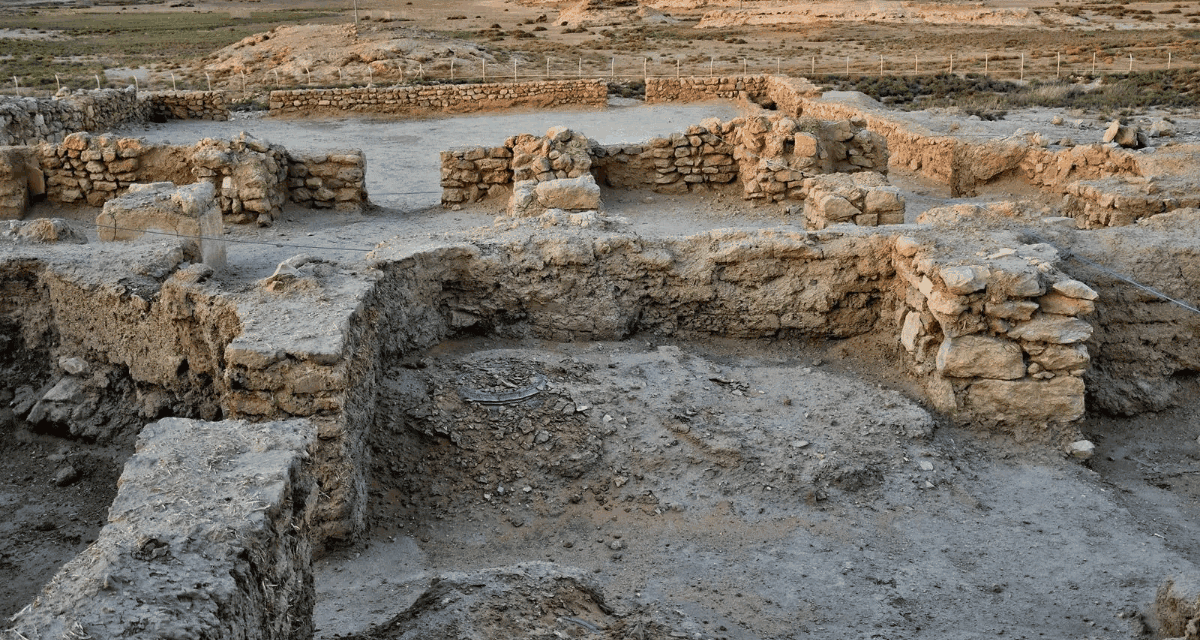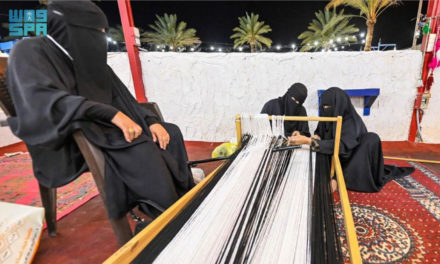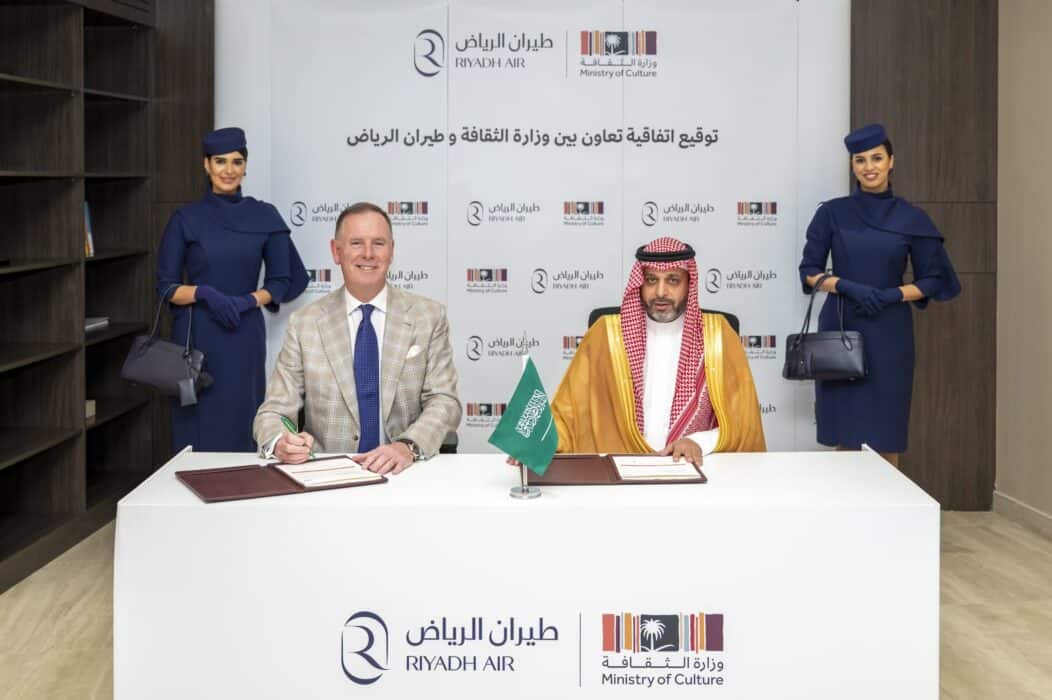Zubala Village: Historic Trade and Water Hub in Rafha
Rafha, Saudi Arabia — Zubala Village, located south of Rafha in Saudi Arabia’s Northern Borders region, is one of the kingdom’s most historic archaeological sites. It once served as a significant stop on the Zubaydah pilgrimage route, welcoming pilgrims and traders from Iraq and the Levant.
A Vital Stop for Pilgrims and Traders
Historically, Zubala functioned as both a market and a key water source. It provided rest and resupply for caravans returning from the holy cities. Therefore, its location gave it strong economic and social importance across centuries.
Ingenious Water Engineering and Ruins
The village features the famous Zubala Well, carved deep into solid rock. Measuring 10 by 10 meters across and 250 meters deep, it includes stairs and resting points. As a result, it was easier to draw fresh water using ropes and wooden tools.
Moreover, the area includes stone-built palaces, carved wells, and rainwater basins. These elements reflect the ingenuity of ancient water management and architectural techniques.
Cultural and Historical Significance
The name “Zubala” comes from its founder, Zubala bin Al-Harith. The village appears in the poetry of Al-Akhtal and is cited in numerous historical references. These include Muʿjam al-Buldān, Muʿjam Mā Istʿujim, and The Islamic Archaeology Handbook. Saudi historian Hamad Al-Jasser and researcher Dr. Saad Al-Rashid also studied the site in detail.
Today, Zubala remains a cultural landmark. It offers valuable insights into pre-modern infrastructure and community life across the Arabian Peninsula.






